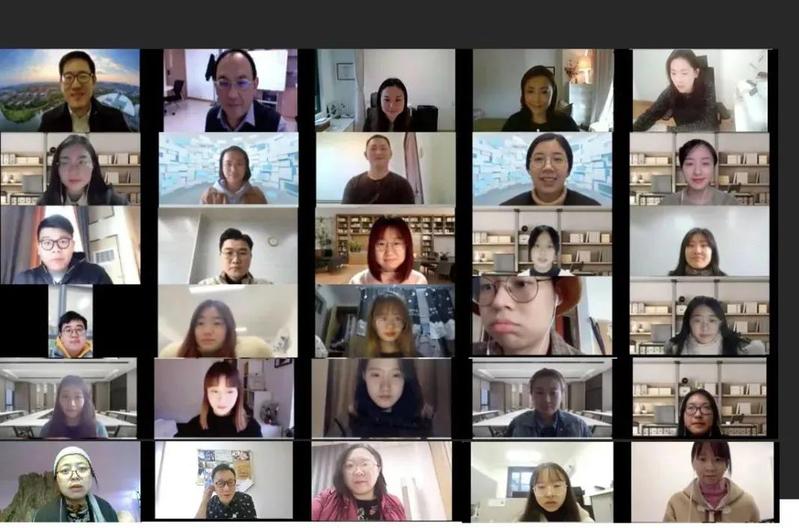HANGZHOU—The academic conference on Global Communication in the Age of Smart Media was held on Dec. 18. The conference themed Examining Reality and Imagining Future in the Era of Smart Media was jointly organized by the College of Media and International Cultural (CMIC) of Zhejiang University (ZJU) and the Department of Communication of the University of Macao (UM).
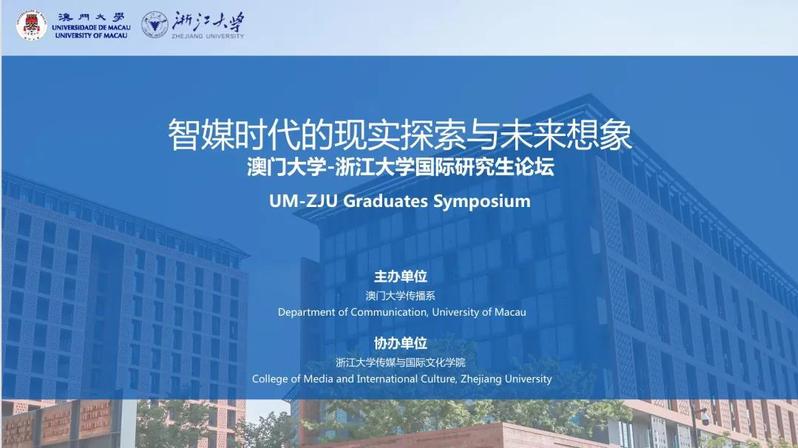
The event commenced with an opening speech delivered by Professor Lu Wei, the dean of the CMIC. He stressed the importance of smart media for society’s survival and development as well as his heartfelt wishes for the success of this conference.
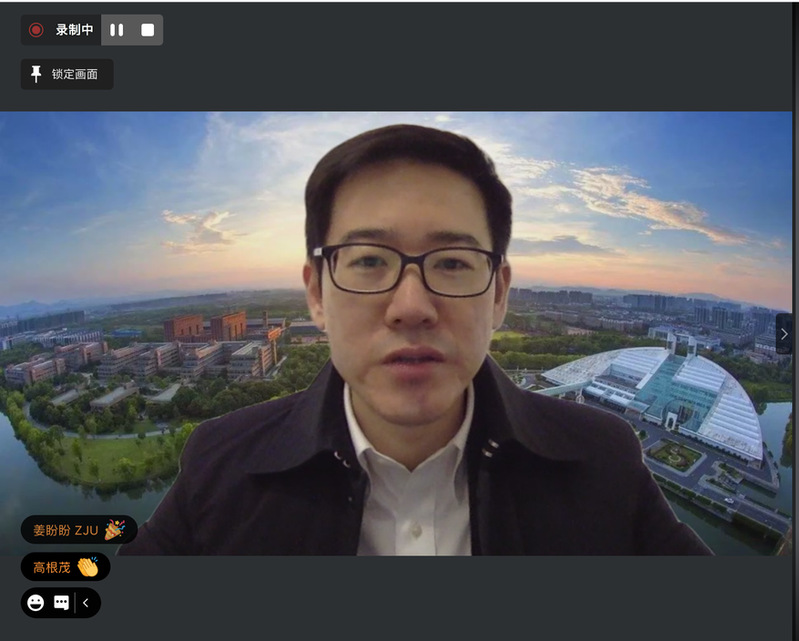
Divided into four sessions based on different topics, a total of 28 graduates from both universities delivered their academic and practical presentations followed by constructive comments given by seven prestigious teachers from ZJU and the UM. The first session themed Studies on Discourse and Context Innovation welcomed six graduate students from ZJU and two graduate students from the UM. Ying Li and Chan Zhang, assistant professors from the UM and ZJU respectively, provided comments on students’ presentations.
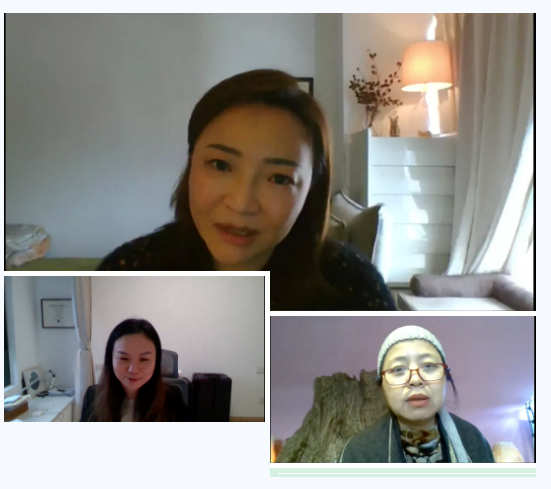
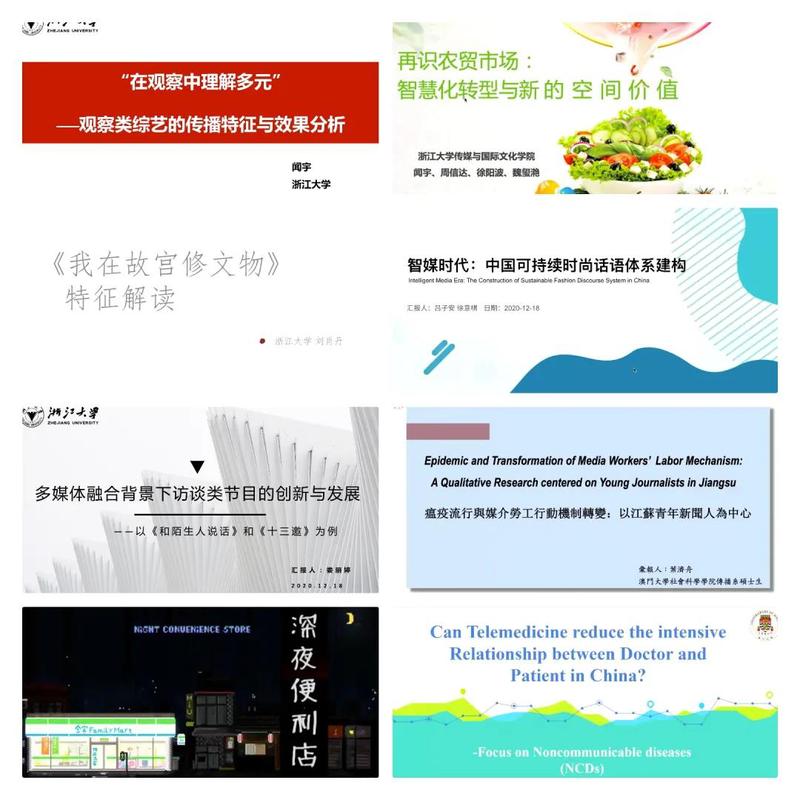
The second session surrounded the academic findings of four graduates from ZJU and one graduate from the UM on the topic of Studies on the Value of Smart Media. This session was reviewed by Assistant Professor Xiaoqing Li and Chan Zhang.
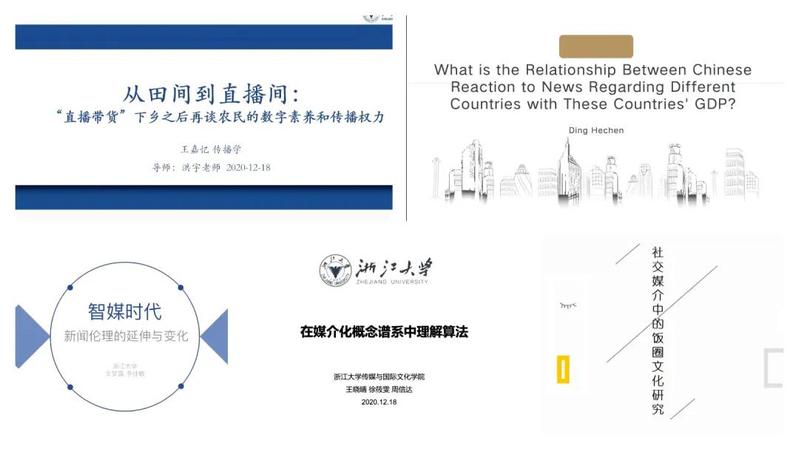
Five graduates from ZJU and one graduate from the UM focused on Studies on Film and Webisode in the third session, which was followed by comments by Assistant Professor Chin Pang Lei and Yan Wang.
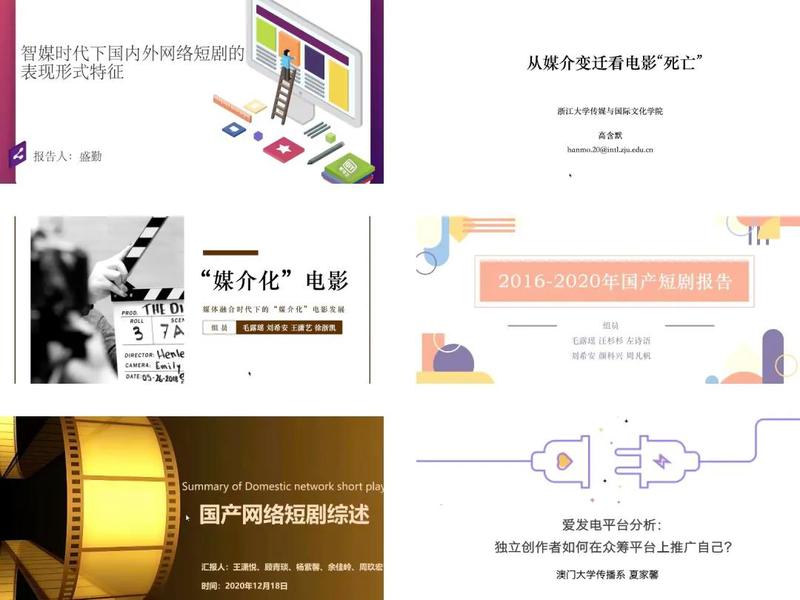

At the fourth session for PhD presentations, four students from ZJU and four students from the UM addressed their research results. Lastly, Professor Tien Tsung Lee from the UM and Assistant Professor Kexin Wang from ZJU wrapped up the presentation session by offering opinions and suggestions to presenters.
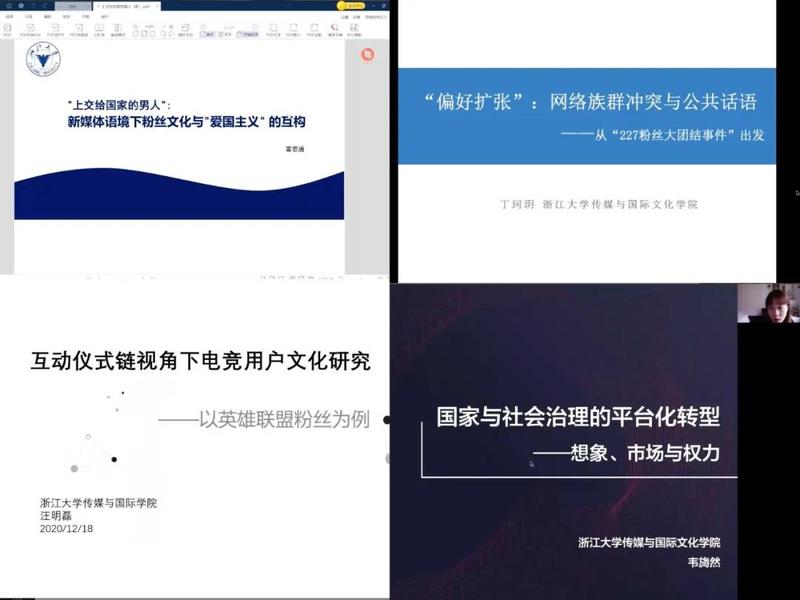

At the end of the online conference, Professor Tien Tsung Lee and Assistant Professor Chan Zhang gave closing speeches expressing appreciation to the students for their enlightening presentations and to teachers for their insightful comments. They emphasized the criticalilty of observing and examining the complex interactions among media and communication, society, culture, and political economy, the power structure behind them, and their corresponding benefits, so as to cultivate a future-oriented structure for smart media.
